Big Think Competition
⚠️ Submissions for the 2025 competition are now closed. You can view the winning entries for 2025 here. If you’d like to be notified when the competition returns in 2026, please complete the form below.
Enter our Big Think Competition!
Every year, we invite students across the UK to tackle one of our academics’ ‘big’ questions. These are designed to challenge you beyond the school curriculum and get you thinking ‘big’ about your subject and what it might be like to study it at university. Simply record a video of 5 minutes or less presenting your arguments, research, evidence and opinions.
Prizes
- £100 1st Prize
- £50 2nd Prize
- £35 Subject Awards
To enter you must:
- live in the UK
- attend a state school
- be in Year 11, Year 12, or Year 13 (S4-S6 in Scotland)
Winners will also be invited to visit Oxford on 30 June 2025, where they will have the opportunity to discuss their entries with subject tutors, take a tour of the College with current students, and enjoy lunch in our dining hall.
How to enter:
- Send us a video of no more than 5 minutes in length.
- There’s no need for any fancy equipment, you can film on your phone if you like – we will be judging entries based on your engagement with the question.
- Your video doesn’t have to include your face - feel free to get creative! You could narrate a PowerPoint, record yourself drawing or even apply your TikTok-making skills…
- Submit your video as an unlisted YouTube video or via WeTransfer.
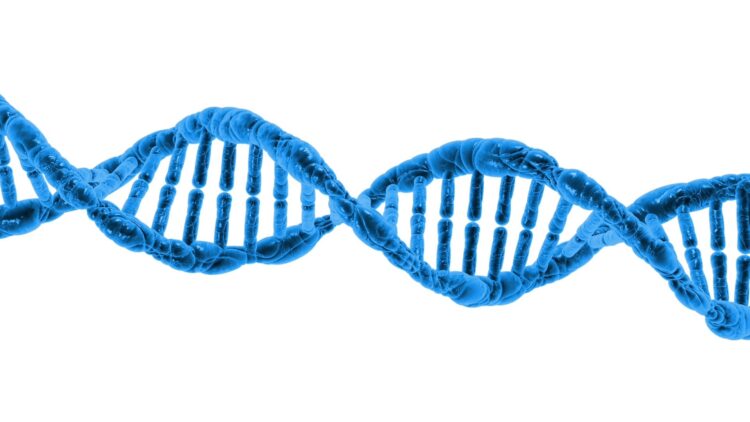
Biochemistry
Can we create artificial life in the lab?
Question set by Prof. Lars Jansen, tutor in Biochemistry at St Edmund Hall. His lab focuses on understanding chromatin-based epigenetic memory in human cell systems.

Chemistry
How can chemistry solve the problem of forever chemicals?
Question set by Professor Anna Regoutz, tutor in Chemistry at St Edmund Hall. Anna leads an interdisciplinary and diverse experimental research group in the University’s Inorganic Chemistry Laboratory.

Computer Science
If artificial intelligence goes rogue, can’t we just turn it off?
Question set by Dr Joe Pitt-Francis, tutor in Computer Science at St Edmund Hall. Joe is interested in models of the heart, cancer, and blood flow. He is active in software development and works with Chaste, a large C++ software library for computational models of biology.

Earth Sciences
Can the use of natural resources (e.g. hydrogen, precious metals) ever be truly sustainable?
Question set by Prof. Claire Nichols, tutor in Earth Sciences at St Edmund Hall. Claire has been teaching Earth Sciences at the College since 2021. After initially aspiring to be a theoretical physicist, she quickly discovered the practical side of Earth Sciences was a much better fit and particularly enjoyed field trips and the opportunities to travel to remote places.

Economics and Management
With the rise of AI, do we need managers?
Question set by Prof. Michael Gill, tutor in Management at St Edmund Hall. Michael’s research focuses on the experience of modern work.

Engineering
Is nuclear fusion the future of energy?
Question set by Prof. Paul Goulart, tutor in Engineering at St Edmund Hall. After initially studying Aeronautics and Astronautics at MIT, Paul went on to specialise in Control Engineering.
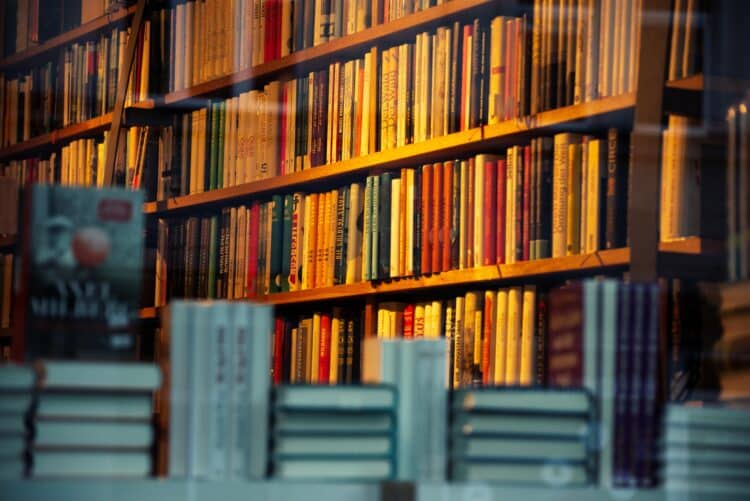
English
What can literature and/or the other arts do that so-called “AI” probably never will?
Question set by Dr Tom MacFaul, tutor in English at St Edmund Hall. Tom teaches widely in English literature, and has particular research interests in Renaissance poetry and drama, and in Romantic-period poetry.
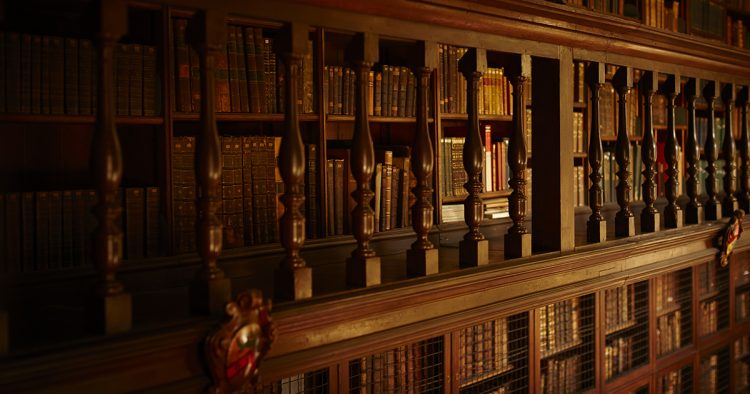
History
Is the purpose of history simply to help guide our actions in the present?
Question set by Dr Chloë Pieters, tutor in History at St Edmund Hall. A social and cultural historian of the European family in wartime, Chloë’s research focuses on Belgium and Great Britain.
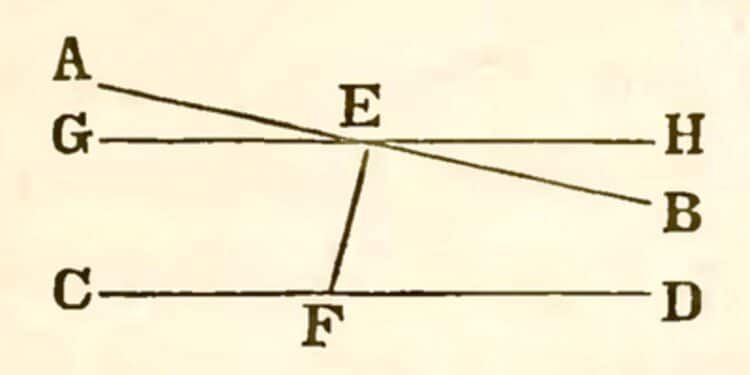
Maths
Should we only study mathematics that is ‘useful’?
Question set by Dr Tom Crawford, tutor in Maths at St Edmund Hall but you might have heard of him as Tom Rocks Maths on YouTube. He uses his specialism in Applied Mathematics to produce content on his channel, as well as to work with the BBC and Numberphile. He has also recently been covering for Rachel Riley as the resident mathematician on Channel 4’s Countdown.

Medical Sciences
What does our brain do while we sleep?
Question set by Prof. David Dupret, tutor in Medicine and Biomedical Sciences at St Edmund Hall. David teaches Neurosciences to our students. His research group is looking at how the different regions of the brain help us use memories to guide our behaviour.

Physics
Should we send people to Mars?
Question set by Prof. Carly Howett, tutor in Physics at St Edmund Hall. She is also a planetary physicist who specialises in space studies. Carly helps develop new instruments that allow us to explore the solar system and has been involved in several projects at NASA.

Politics
Is there some level of wealth above which society shouldn’t allow people to rise? Why, or why not?
Question set by Dr Orlando Lazar, tutor in Politics at St Edmund Hall. He specialises in political theory and particularly enjoys teaching the finals papers Marx and Marxism and Feminist Theory. His own research looks at power and domination in the workplace.
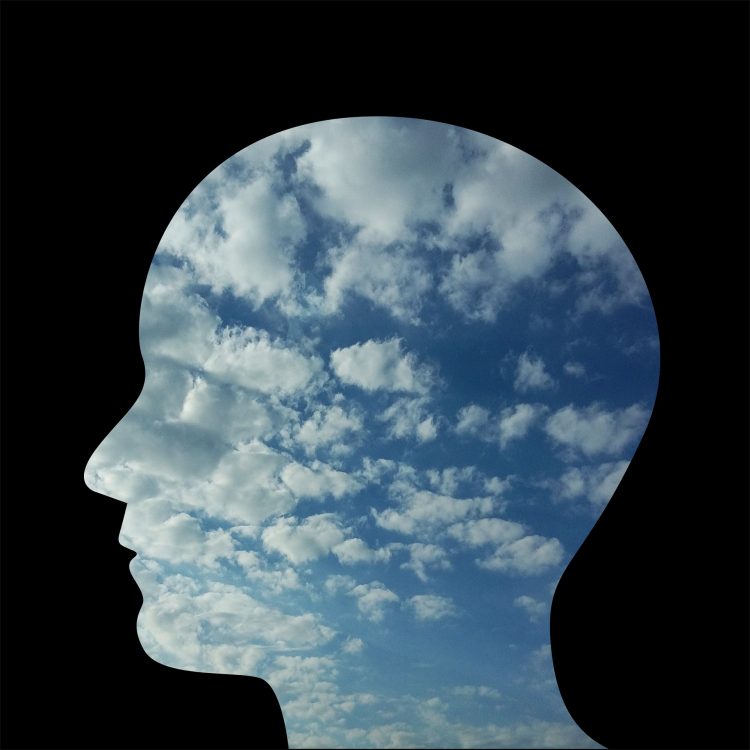
Psychology
Does intelligence guarantee success?
Question set by Dr Iana Alexeeva, tutor in Experimental Psychology at St Edmund Hall. Iana teaches on a variety of topics from psychological disorders to information processing. In particular, she is interested in how cognitive and emotional processes play a role in coping with illness and treatment.
Picked your question? Get thinking and submit your entry by noon on Monday 12 May!
Need some inspiration about how to approach a Big Think question?
Archived Entries:
You can find the winning entries and commendations for previous years of the Big Think Competition by following the links below: